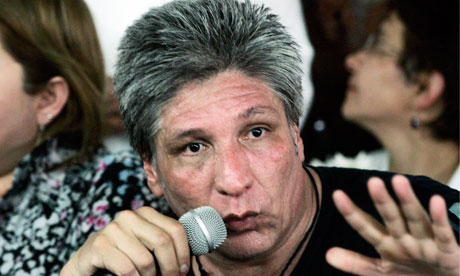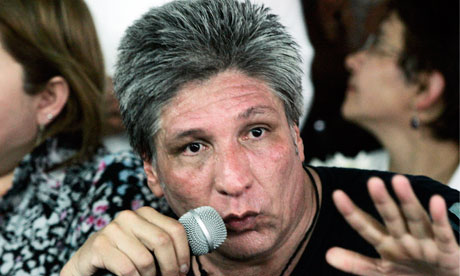Re: “Former Colombian Hostage Is Suspected of Helping Plan His Kidnapping”
Dear Editor,

Your May 21st article on Sigifredo López, “Former Colombian Hostage Is Suspected of Helping Plan His Kidnapping,” describes how this incident has stunned Colombians and captures quite well their sentiments regarding the accusations. Your article, however, fails to discuss a number of issues crucial to a full understanding of the investigation. The connections between López’s personal history and the complexities of regional politics make the case and the events surrounding it far more opaque than portrayed in your article.
As the prosecution asserts, López’s background provides plenty of cause for suspicion. The Associated Press confirms that in his youth, López associated with leftist groups such as MOIR, and that he built his political clout as mayor of Pradera, in the notorious FARC stronghold of Valle. Additionally, during his recent senate campaign, he enjoyed the support of illegal groups in the Valle region.
Yet as la Semana, the prestigious Colombian newsweekly and COHA award-winner points out, these accusations are not as cut and dry as they might seem. His leftist alliances were temporary, and only during his youth; his electoral support came from Rostrojos, not FARC; and politicians in the region often enter into unpalatable alliances because of the overwhelming influence of illegal groups operating in the area. Moreover, Alfonso Cano’s records, though they are the source of the video implicating López, never mention López himself as an informant, and refer to him simply as a hostage.
Obviously, one cannot convincingly determine the extent of López’s guilt or innocence before a trial. And, though the prosecutors have provided various explanations as to how Mr. López could have committed such a crime, they have not yet revealed a clear motive, nor have they provided irrefutable and conclusive evidence.
Sincerely,
Sarah Slater
Research Associate at the Council on Hemispheric Affairs
This analysis was supported by the Clough Center for Constitutional Democracy, Boston College.


